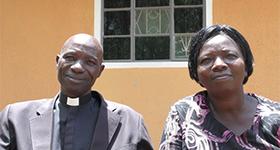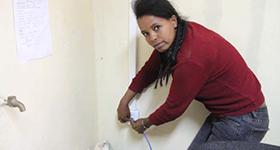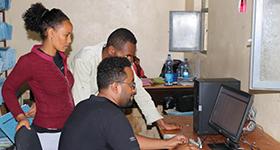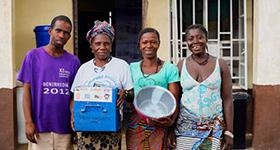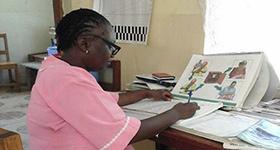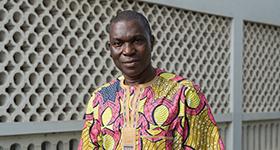Background
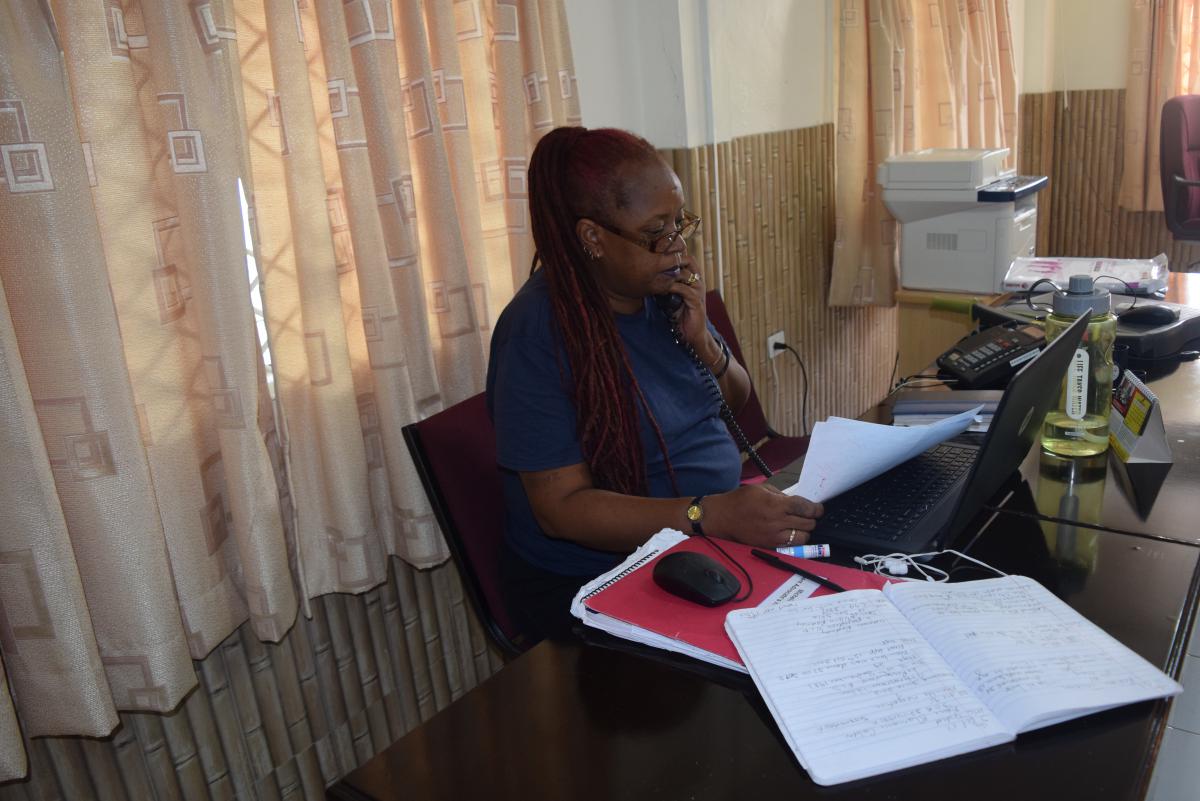
Michelle talks with a client about ways to minimize ART side effects.
Michelle, a feisty woman who sometimes wears her dreadlocks like a crown, is a client advocate associate (CAA) with the Advancing Partners and Communities (APC) project in Guyana. Michelle links people who are newly diagnosed with HIV to care and treatment, and helps people who have stopped coming for care to return.
Intervention
At work, Michelle can be found hunched over a telephone, speaking in a soothing voice with an intense undertone. Today, she is talking with Minerva, who recently started antiretroviral therapy (ART) and is having trouble with it.
“It differs from day to day,” says Michelle about her conversations. “This one was tough...the client is having a reaction to the ART medication and cannot sleep.” Michelle suggests ways that Minerva might relieve her upset stomach. A few hours later, Minerva calls to say that one of the remedies—ginger tea—worked and she was able to sleep for a solid few hours. These little things make a big difference, Michelle notes. “Now that Minerva trusts that I care and have her best interest at heart, I hope she will continue to call when she needs help."
Michelle’s warm and attentive approach to her clients—most of whom are sex workers, men who have sex with men, and people who are transgender, is taken by APC’s five other CAAs as well. They are especially qualified to help because they are peers of the people whom they are serving. APC hired them as part of a pilot initiative to see if training people who are members of target populations can improve HIV diagnosis, links to and retention in care and treatment, and ultimately viral suppression among their peers.
Outcomes
The results are encouraging: since the pilot began in July 2017, CAAs have tested 90 people for HIV. Of the 14 people who were HIV-positive, 11 were linked to HIV care and treatment services. The CAAs also helped the national HIV treatment sites find and re-enroll more than 200 people who had stopped getting care. APC will continue to support this and other innovative strategies to help Guyana meet its HIV-mitigation goals.

